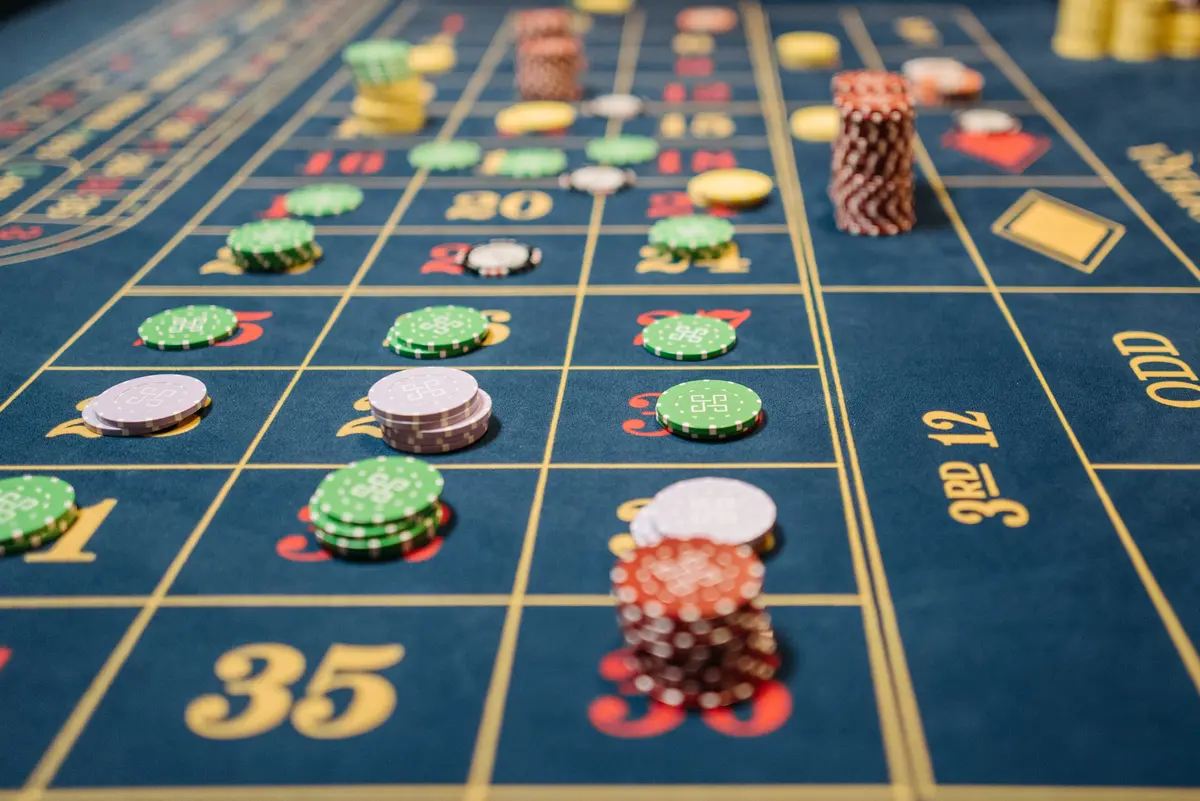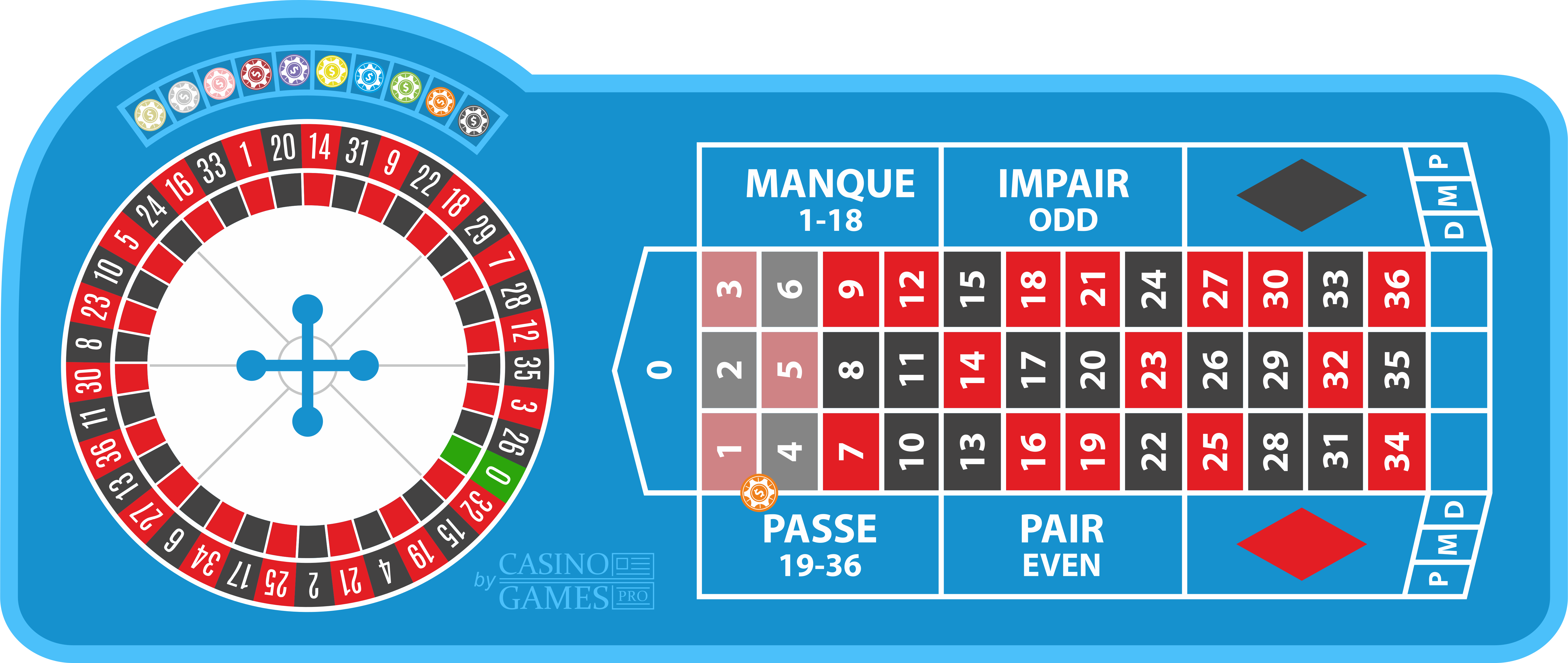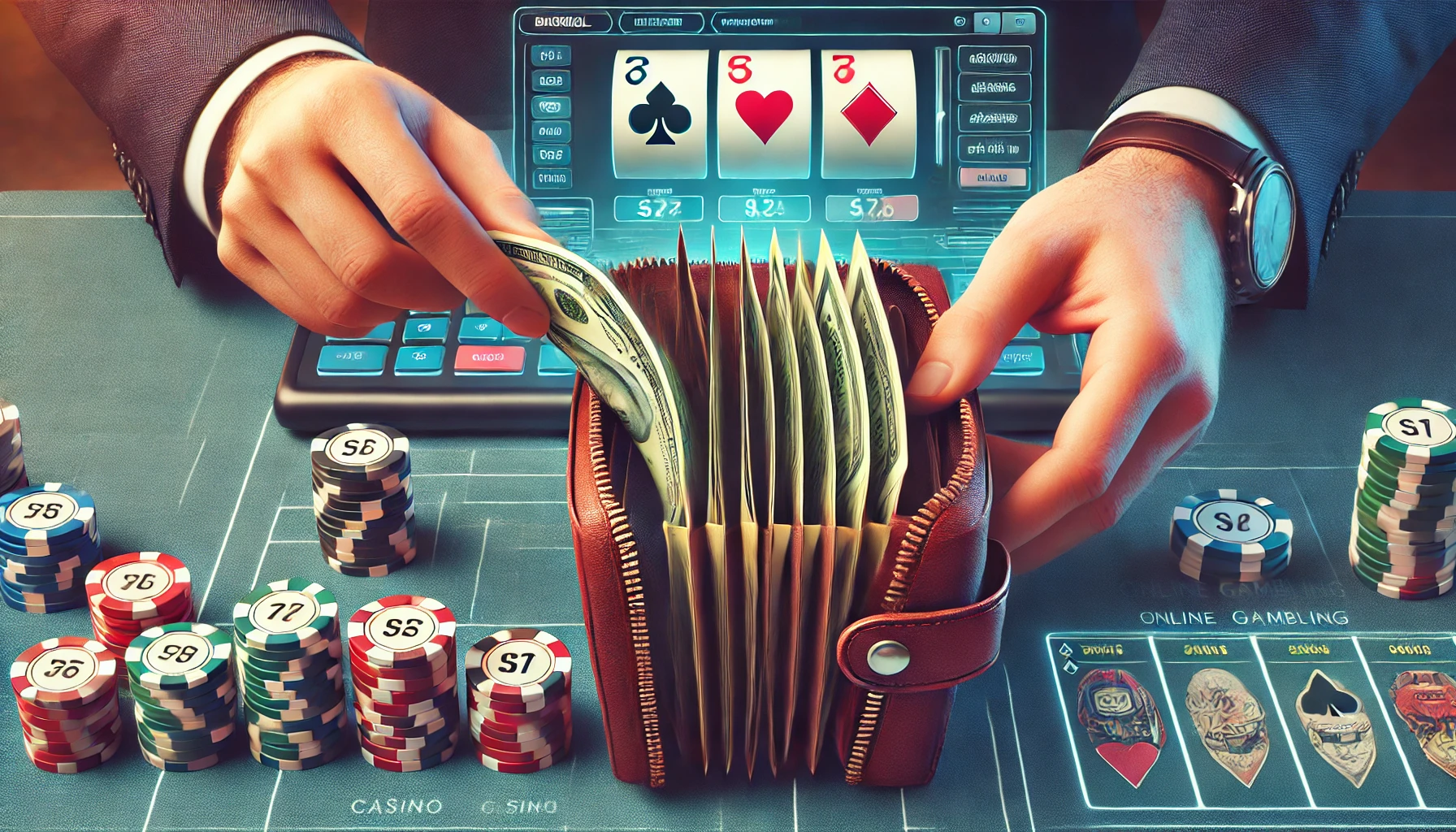
James oversees the content of our site and ensures the quality of every review and news article. With over 10 years of experience in the gambling industry, he has dedicated his career to exploring new trends and market analysis. James strives to make our articles accurate, understandable, and engaging for all readers. In his free time, James enjoys playing poker and has authored several books on poker strategy.
Gamers have often inquired whether there is a system of gambling that won’t lose at any one time. Indeed, several strategies claim to bring success, but no system can assure continuous wins. The very nature of all games in casinos or even online game portals makes losses always an ongoing possibility.
While some methods may improve chances in the short term, they cannot eliminate the house edge or the unpredictability of chance. Understanding this reality is important to any responsible gambler.
Traditional Gambling Systems

Since time immemorial, gambling has long attracted players with various systems designed to increase winning chances. Some of these traditional gambling systems used by players will be discussed below. As such, these are strategies that have stood the test of time, although some may prove effective in one game or for a player of a particular skill level.
We also recommend paying attention to:
Oscar’s Grind
Oscar’s Grind is a negative progression type of betting system. It was first introduced by Allan Wilson in his 1965 book entitled The Casino Gambler’s Guide. This strategy aims at recovering losses while gaining small profits without too much risk
The system is quite simple in its premise. A player determines a unit size, usually the minimum bet of the table. The player begins with a wager of one unit. If a player encounters a number of losses, the bets remain constant. However, if a player wins a bet after one or several losses, he increases his wager by one unit. This process should be repeated until at least one unit profit is reached; then, the betting strategy should be restarted.
For example, let’s say that a player makes a bet of one unit and then loses four times in succession, placing a bet of one unit each time. In the fifth round, if he wins, the next bet would be two units. If he loses again, the player keeps betting on two units until he wins. The described approach instils a conservative attitude toward betting: after a loss, the bets increase gradually, not having too extreme jumps in value.
The first great benefit of Oscar’s Grind is that this system is considerably less risky in comparison with other negative-progressions systems, such as Martingale. Because players in this system raise their bets only after wins, the possibility of table limits is lower.
1Yet, it should be remembered that this system does not overcome the house edge-quite on the contrary, a player is likely to lose money in the long run. Some players also find Oscar’s Grind more complicated to master than some simpler strategies.
Martingale
Perhaps one of the oldest and most straightforward approaches to betting is the Martingale system. The idea here is that after each loss, a gambler doubles up the next bet to be able to recover the losses made earlier and make a profit. This strategy finds its application in even-money bets, which come across in such games as blackjack, roulette, and baccarat.
The core of the Martingale is simple: a player bets one unit size for as long as he wins. The minute he loses, he doubles up, and when he wins again, he goes back to his initial unit size. The theory is that once a win eventually does occur, it will recoup all the previous losses plus generate a small profit.
For instance, a player may have an initial bet of $10. Every time he loses, the next round will see him placing $20. Lost again? $40 goes on the next bet. What he does is continue down this line of doubling the size of his bets until he wins, at which time he goes back to the size of the initial bet. This system can work somewhat, but the risk associated is grossly high.
The two most inherent drawbacks in the Martingale are:
- First, a player would need an almost unlimited bankroll to withstand possibly very long sequences of losses, which is an expensive system to use, especially when having little good fortune.
- The other one is that casinos have table limits that will limit how much a player can increase his bets each hand. For example, on a table whose minimum is $10 and maximum $2,000, it doesn’t take long for a player to hit the table limit where they could never get themselves even again.
Despite these challenges, the Martingale can provide short-term profits when used carefully.
Martingale on Skill-Based Games
The Martingale system is adapted for play even in skill games, which include daily fantasy sports or DFS and sports betting. This hybrid strategy will be all about the basic working of Martingale added with the skill factor that could help a player increase his or her winning chances.
In this modified strategy, the players use Martingale to chase losses while playing skill games using their knowledge and skills. In a DFS contest, a player will enter a head-to-head match, lose the bet of $10, and move to the next match, doubling up to $20, keeping with the progression of continuing to double up after losses until he wins. Eventually, when that win comes along, the Martingale recoveries and locks in a profit.
A brief example could be that, after a series of lost bets in a row, a player wins a bet for $176, having previously bet $11, $22, $44, and $88. There, a gambler would recover losses and make a small gain, which could illustrate how well the system works in skill games.
While this becomes a good system for experienced players, it is not wholly devoid of risks either. First, there are the house fees since DFS sites and sportsbooks usually take their cut and tack on fees that will chip away at your real profit.
We also recommend paying attention to:
Betting Systems That Are Guaranteed to Work

In our exploration of effective betting systems, we will discuss two methods that are designed to help improve your chances of success. Both of these systems are based on sound bankroll management and value betting at the right strategic times, especially in games that require skill. In this way, players can understand the concepts better to put themselves in a better position to make the right betting decisions.
Value Betting
Another solid approach involves value betting, in which players can earn points as a result of favourable odds and, consequently, an improved probability of winning. Here, you get to bet when the odds presented by your bookmaker end up higher than the actual probability of an event occurring. In other words, you are looking only for maximum value from your bets in this regard.
This system is especially effective in games like poker and blackjack. In poker, value betting comes into play when a player believes their hand is stronger than that of their opponent. For instance, you might want to increase your bet if there are more high cards that remain in the deck. This approach is partly skill-and-practice-based, since you should not substantially differ from regular players and thus not attract unwanted attention to your betting pattern.
In blackjack, card counting can be combined with value betting. When the count is favourable, a card counter can increase their bets to extract the maximum value from the situation. For example, if you determine that there are more high cards left in the deck, you might increase your bet when the count is in your favour. This technique requires skill and practice, as it’s essential to blend in with regular players and not draw attention to your betting patterns.
Value betting, on the other hand, has its downsides: the player needs to have a good understanding of the game and the ability to make reasonably correct judgments about when a value bet exists in a hand. Successful value betting indeed calls for an ongoing commitment to study and self-improvement. Indeed, the novice will find early results often frustrating. Over time, though, the well-read and experienced player can develop and hone his value betting skills.
Value betting is performed practically, for example, in the course of a poker game. You are at the flop, Ad Qs 7h, you have three of a kind, Qd Qh. You think that your opponent has a pair of aces. In this case, you might want to bet the amount so that it would seem fair for them, thus letting them call and not fold. Value betting is a way of balancing your wager to realize the biggest possible win, minimizing the possibility of chasing off competition.
It will not guarantee a win every time; however, skilled players who use this strategy will, on average, be ahead over time. It does require a combination of strategy, skill, and situational awareness to do it well. As players hone their skills, they are able to increase the likelihood of turning a profit through their betting endeavours. All things considered, value betting is an ideal course of action for players willing to commit to and hone their craft over time.
Never Bet More Than 2% of Your Bankroll in Skill-Based Games
Perhaps the single most crucial principle that any winning gambler lives by is that of bankroll management. Too many players don’t do this; on the contrary, they wager too much and eventually blow their bankroll in very little time. This is because a player will have a bankroll of $250 and start betting $25 per game, that also being 10% of the amount. If he encounters a small winning streak, he starts placing bigger bets, hence his bankroll is depleted within no time.
A good way to avoid this trap is never betting more than 2% of your bankroll on any single bet. By taking this approach, you lower the amount of risk and let the players using their money make way more wagers over time. For instance, in case you have a bankroll worth $2,000, then the maximum you should ever bet is $40. If you do that, then you’re able to place many wagers and never risk losing all of your bankroll on a single bet.
The system works amazingly well in games of skill: DFS and, lately, sports betting. Contrasting with the games of chance, there is an element of skill involved that empowers participants to make wiser decisions. You can stay in the game much longer by betting less and, therefore, take full advantage of your ever-growing knowledge and experience.
Let’s consider a practical example: A player with a $1,000 bankroll decides to adhere to the 2% rule. He places bets of $20 each time, allowing for a series of plays without risking too much. Even if he encounters a few losses, his bankroll can withstand it, giving them time to make better betting choices as he learns.
The advantage of such a strategy is obvious. The short-term risk will be minimized, thus letting the gambler avoid posting huge losses in case of bad variations. Besides, this strategy stimulates a game discipline, which is necessary for anyone who wants to become profitable in the long term. But one should remember that a mere bet limitation does not guarantee any success yet. One should also improve and work on skills and knowledge for the chosen game.
Gambler’s Fallacy
One of the most common myths in the world of gambling is what has been termed a gambler’s fallacy. A gambler’s fallacy occurs because of one’s belief in the influence of previous happenings in random games of chance on forthcoming events. Differently stated, many players believe that when one outcome hasn’t occurred lately, it’s “overdue” and hence more likely to happen. This might lead to unreasonable betting decisions and significant losses.
A classic example of a gambler’s fallacy is the roulette game. Suppose a player witnesses three consecutive spins where results from red come about. He would then believe the next spin would be most likely to result in black, as the color should now balance out. This is because they do not tend to consider the independence of each spin of the roulette wheel. A given outcome from one spin does not affect a subsequent spin, and probabilities remain constant.
Many betting systems are a manifestation of the gambler’s fallacy. Most gamblers develop systems based on some sort of reversal concept. A player may decide to bet against a streak with expectations of making money on the belief that a change is due. The idea, however, has an underlying and flawed principle. Most betting systems that advocate taking advantage of the gambler’s fallacy have been proven time and again to result in losses rather than profit.
This is not a misconception in roulette only, but it also appears in sports betting and other gambling disciplines. For instance, a punter may have the perception that a team which has lost a couple of successive games is due to win a game. It is for this reason that such perception may lead to placing a bet on grounds not really substantial in actual team performance or the prevailing conditions affecting the game.
The gambler’s fallacy is alternatively called the “doctrine of the maturity of the chances” or “Monte Carlo fallacy.” This principle entails that, in case there has been a long run of some particular outcome or event, then the opposite should take place to even things out. In games of chance, each separate instance is an independent event, and the odds remain precisely the same for every event.
We also recommend paying attention to:
Conclusion
No system can guarantee success in gambling. Each of them has certain merits and demerits. Mastering these subtleties forms the core of any player’s desire to improve their betting experience.
Those who would invest time and effort into honing their skills could try to value betting or manage bankrolls by not more than 2% of your total funds for better results. Such methods bring in thoughtful decision-making and the ability to stay longer in the game.
On the other hand, Oscar’s Grind and Martingale are more entertaining methods but, at the same time, hazardous. Oscar’s Grind will be permitted to mitigate losses in case of a losing streak, while Martingale’s method will include both skill and a classic pattern of betting, thus interesting different kinds of gamblers.
Ultimately, the right system is often a question of personal preference and goals. Whether you choose to be ultra-conservative or really grab the bull by the horns with a high-risk, high-reward approach, playtesting different techniques in low-stakes games will give you much better information, let alone a much better experience. Always remember to play responsibly and make informed decisions.

James oversees the content of our site and ensures the quality of every review and news article. With over 10 years of experience in the gambling industry, he has dedicated his career to exploring new trends and market analysis. James strives to make our articles accurate, understandable, and engaging for all readers. In his free time, James enjoys playing poker and has authored several books on poker strategy.
We recommend




No comments yet. Be the first to comment!